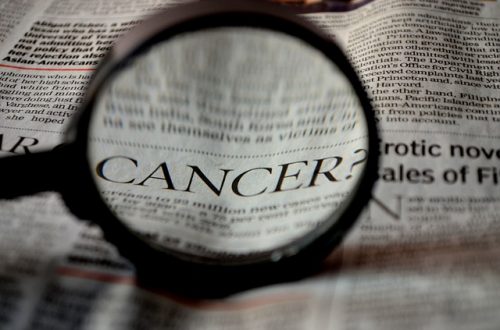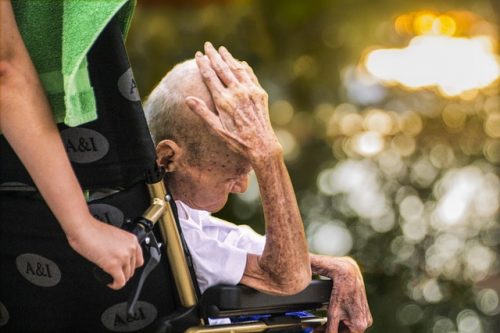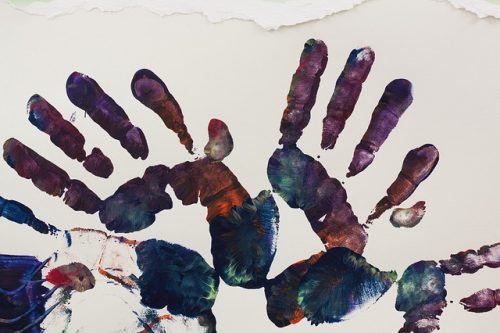In our society, having a terminal illness can lead to a lot of adverse effects which can affect one’s personal life, family relationships, career, and many more. Being diagnosed with a disease that can mean life or death is a tough struggle which a lot of people in the world bear, but they continue to fight so that they can achieve what they believe is a “normal” life.
However, in this day and age, more and more people have been more accepting of people with disabilities, patients with terminal illnesses, and people who have medical concerns in general. Because of this, a lot of inspirational people have risen to advocate such beliefs just like Jacob Walker who was a brain cancer survivor.
What Is Cancer?
Many of us know that cancer is indeed a terminal illness. It can start with tumors, benign or malignant, and it usually goes through different stages and different levels of pain. For others, getting diagnosed at an earlier stage would make them “lucky.” But unfortunately for some, they would immediately reach a more advanced stage without even noticing any signs or symptoms. With this, it’s essential to be knowledgeable and aware so that we can keep ourselves healthy and be able to help those who lack the knowledge.

Source: pixabay.com
Cancer, in its technical definition, is a collection of related diseases which is usually caused by cells dividing rapidly and continuously, until these cells become abnormal and turn into tumors. There are many types of cancers based on the affected body part of the growing tumors. These tumors can spread and attack other tissues which in the end can become life-threatening to the person diagnosed with it.
Emotional Effects
Given the life-or-death implication of acquiring cancer, many people go through an emotional struggle once they find out about their disease. However, it’s important to understand and realize, as an external audience, that these struggles of cancer-diagnosed patients are normal because most people are terrified of death and temporary disability, leading to some cases of anxiety and depression.

Source: pixabay.com
But just like in any situation, there are two sides to it—either see the good in it or acknowledge the bad. One of the most commonly felt emotions by cancer patients is discouragement and lack of will to live. As it is completely normal, there are ways for us to help empower, encourage, and support those who are feeling that way.
By knowing what to say, what to do, and how to act around cancer-diagnosed patients, we can all be agents to helping them live a happier life with a more positive outlook, and we can do this by turning their “I can’t” to “I can.”
Can’ts To Can’s
We know that some types of cancer can be terminal, while others are still curable. With this, cancer patients have two options once they find out about their diagnosis: it’s either they try to live life to the fullest and fight the sickness or sulk in fear of death and lose many opportunities to fulfill their other dreams in life. John M. Grohol, Psy.D. used to tell everyone that “These mental health measures included one’s emotional state, mindfulness, resilience, life satisfaction, overall mental well-being, among other characteristics examined.” Therefore, there is no point in not trying.
- Empowerment
The first and foremost way we can help cancer patients is to empower and motivate them. We all know that it’s not easy to be in their shoes, but we can at least try to be their “support group” as their friends, family members, and the people closest to them.
By empowering cancer patients about their potentials, capabilities, and capacities, they are reminded of their value as a person before they found out about their illness. The thing about cancer and other terminal diseases is that once you are aware of it, it ultimately affects how you view life and how you act in your daily life. As we know that it’s not easy, letting these patients know that people believe in them and people support them can make a huge difference in their mindset and attitude.
- Activities
Secondly, in empowering cancer patients, it’s important to know which hobbies are fun but still safe to do for them to engage in and be part of. It’s essential to be very creative in thinking of ways for them to enjoy without leaving out the fun part. As Jennifer L. Taitz, PsyD, LA-based clinical psychologist suggests, “Activity scheduling entails creating a plan, say, Sunday night, for the week where you plot out times to be with people, take exercise classes, work on projects, etc. Often, people wait until a mood or motivation moves them. Rather than waiting for those tenuous experiences, I urge people to be proactive and follow their values. Don’t wait to feel better, but start to live better now.” Here are a few suggestions!
- Art making: Through art therapy, cancer patients can get ahold of their creative juices and make it come to life!

Source: pixabay.com
- Journaling: Scribbling down one’s thoughts can be helpful especially if the patient is going through chemo.
- Gardening: Green environments can boost one’s psychological mindset. By engaging in cultivation, the patient can have a sense of responsibility and accountability!
- Yoga Exercise: By participating in physical activities that aren’t too strenuous, cancer patients can get a breath of fresh air in this kind of hobby.
- Vlogging: For tech-savvy people, this can be a great avenue to let their daily thoughts out and share their adventures to the world, in the hopes of inspiring other people as well.
By empowering and supporting cancer patients, we can help them turn their can’ts into can’s! As what Alicia H. Clark, Psy.D., a licensed clinical psychologist used to say, “The worst thing we can do is say to ourselves, ‘I can’t handle it,’ while the best thing we can say is, ‘I may not like it, but I can handle it.” Those are the words we need to tell cancer patients.
